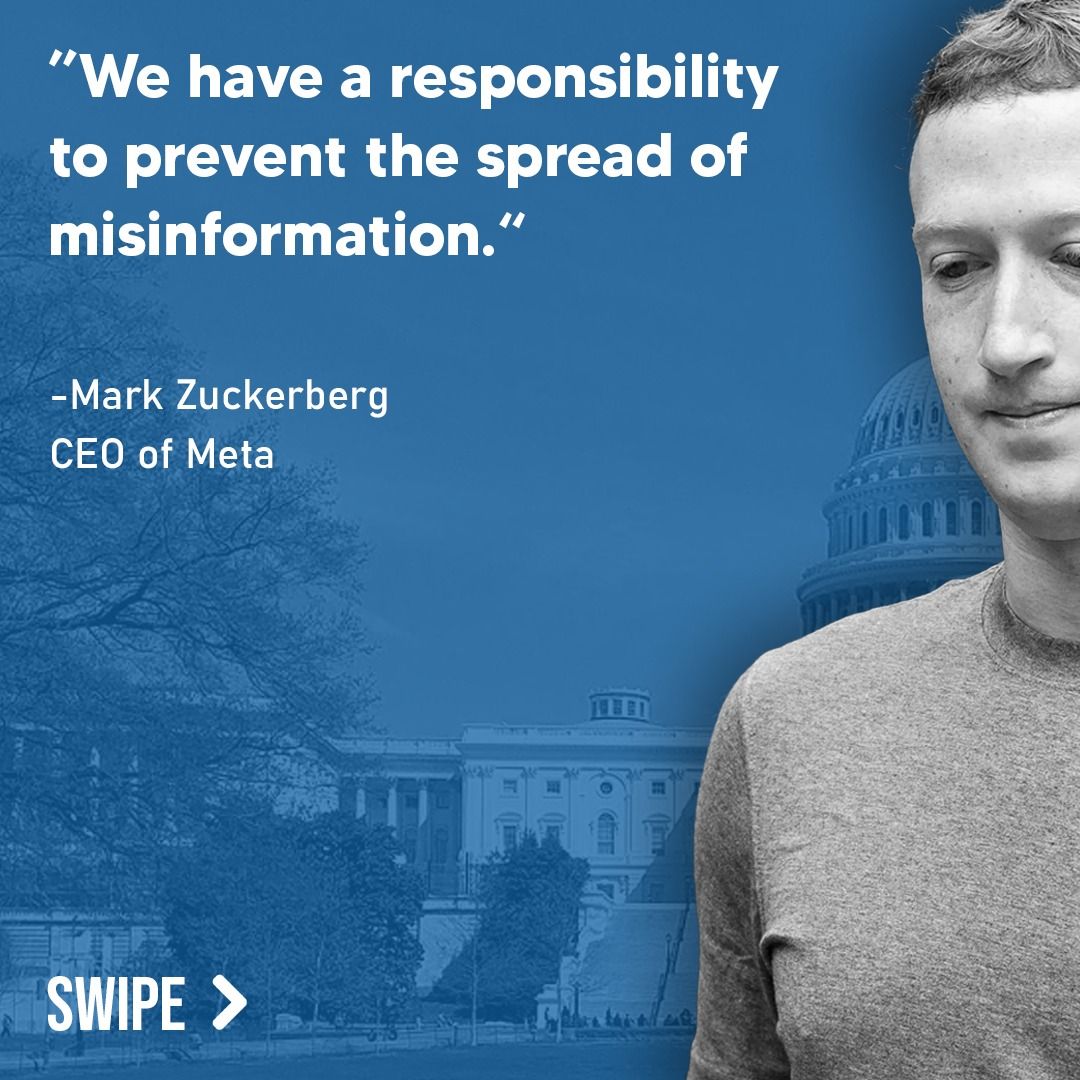Fact-Checking the Removal of Trump’s Portrait from the Colorado Capitol
Introduction
The recent decision to remove Donald Trump’s portrait from the Colorado Capitol has generated significant debate, particularly after Trump accused the artwork of being “purposefully distorted.” This fact-check investigates the claims surrounding the removal, addressing concerns about political bias, historical precedent, and the role of state officials in the decision.
Historical Context
The Colorado State Capitol has a long tradition of displaying presidential portraits, typically funded by private donations or political organizations. Trump’s portrait, commissioned by Colorado Republicans in 2019, has been displayed alongside those of other U.S. presidents. Claims that his portrait was “purposefully distorted” and the decision to remove it need to be examined within this context.
Fact-Checking Specific Claims
Claim #1: Trump’s portrait was removed due to Democratic influence
While House Democrats commented on the removal, the decision was ultimately made by a bipartisan legislative executive committee, which included both Democratic and Republican leadership. Moreover, it was Senate Minority Leader Paul Lundeen, a Republican, who requested the removal and replacement of the portrait. This contradicts the notion that the portrait was taken down solely due to Democratic influence.
Claim #2: The portrait was “purposefully distorted” by the artist
Artist Sarah Boardman has publicly stated in past interviews that she aimed for neutrality in her depiction of both Trump and Obama. There is no verified evidence suggesting that the portrait was intentionally distorted. The claim appears to be based on Trump’s personal perception rather than an objective assessment of the artwork.
Claim #3: The Governor of Colorado was responsible for the portrait’s removal
Trump’s statement suggested that the Governor’s office controlled the portraits. However, final decisions regarding Capitol art installations fall under the Colorado Building Advisory Committee. Additionally, the removal was executed through a bipartisan decision by legislative leaders, not the Governor’s office.

Conclusion
The article accurately describes the removal process but lacks clarity in emphasizing the bipartisan nature of the decision. The claim that the portrait was “purposefully distorted” is unproven and subjective. Misconceptions about the Governor’s role in the portrait’s removal further contribute to misinformation.
Encourage Readers to Take Action
Want to separate fact from fiction? Download the DBUNK app today and get real-time fact-checking at your fingertips.


